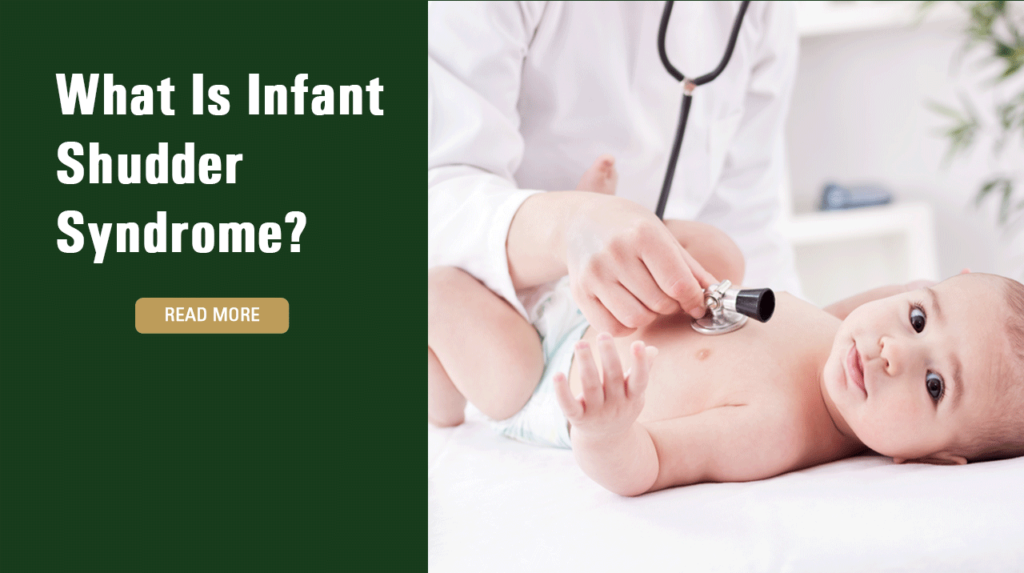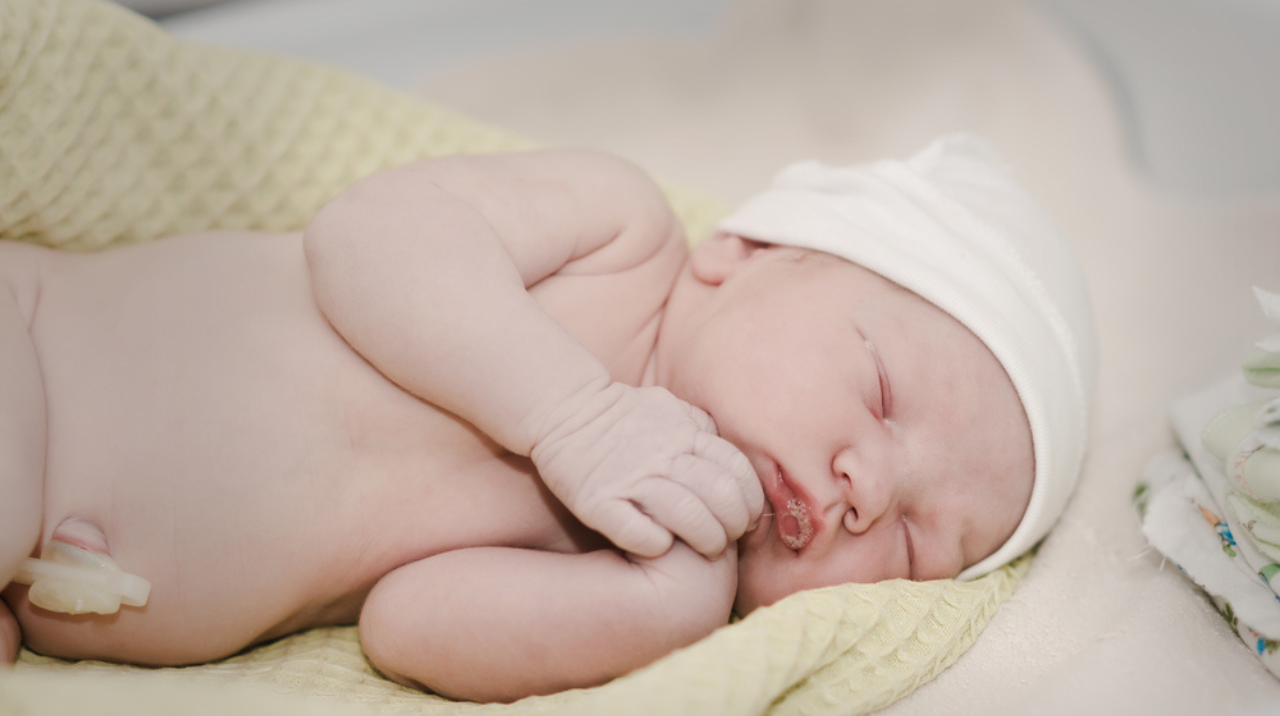What Is Infant Shudder Syndrome?

Following a difficult birth, many parents closely monitor their babies to check whether they are okay. One condition some parents might see involves their infants rapidly shivering in the upper chest, shoulders, neck, and head. This condition is called infant shudder syndrome. Babies who have this condition might show symptoms several times per day. In some cases, infants might suffer shuddering attacks up to 100 times per day. While the attacks might only last a few seconds, they can be very unnerving for parents. Here is some information you should know about infant shudder syndrome from the Philadelphia birth injury attorneys at Raynes & Lawn.
Understanding Infant Shudder Syndrome
It’s difficult for most doctors to determine the etiology of infant shudder syndrome. Some doctors believe that shivering isn’t a sign of a serious condition and instead think that it is a normal thing that some babies do. However, if an infant has other conditions, shivering can be a sign of an illness or brain disorder. Parents who witness their infants shuddering should videotape the incidents to show their doctors. One reason why an infant might appear to shiver or shudder could be cerebral palsy caused by a birth injury. When a child is injured during or shortly after birth, they might suffer oxygen deprivation.
You should have a doctor evaluate your baby to identify whether they might have cerebral palsy and contact a birth injury attorney at Raynes & Lawn if cerebral palsy is diagnosed and is believed to be caused by a birth injury. A pediatrician might refer your baby to a neurologist after observing a shuddering spell. A neurological exam might determine that your baby does not have any significant health concerns that require treatment. In many of these types of cases, babies will stop having symptoms of infant shudder syndrome after a few months or years without further problems.
Shuddering and Seizures
In some cases, a child might be experiencing seizures instead of shudders. When this happens, the child will require medical care. Seizures can be a symptom of a brain injury or illness. They might appear similar to shuddering spells and last for a few seconds with only slight tremors in the baby’s upper body. In other cases, seizures can last for a minute or longer and cause violent shaking. When this happens, it indicates there is something more going on besides shuddering syndrome.

When a child has a seizure, they might stare straight ahead without showing any emotion. An infant who is shuddering typically will not lose their ability to interact with others and will not feel tired or groggy after a shuddering spell. With a seizure, a child might be unresponsive while the seizure occurs and might seem excessively tired once it is over.
Causes of Seizures
If you think your baby might be having seizures, you should contact your doctor.
Many different conditions can cause babies to experience seizures, including the following:
- Brain injury
- Infection
- Head injury
- High fever
- Epilepsy
- Neurodevelopmental issues
If you had a difficult birth, your baby might have suffered a brain or head injury during delivery because of the negligence of the doctor or medical staff. For example, improperly using assistive birth devices could cause head injuries and nerve or brain injuries that can cause seizures. Children who suffer traumatic brain injuries during birth can later be diagnosed with epilepsy. Epilepsy and traumatic brain injuries at birth are strongly linked.
Reducing Shudder Incidents
There are some things you can do at home to try to reduce an infant’s shudder incidents. Try feeding your baby. Some researchers believe that shuddering can be caused by low blood sugar levels. Babies might also have shuddering spells when they experience a surge in adrenaline. To help, you can try to calm your infant to try to lower their heart rate. Take your child out of a stressful situation if they need to be put at ease to reduce stress. Make sure to keep your baby warm by wrapping them securely so that you can be sure that they are not simply shivering from being cold. Let your baby rest when necessary.
Prognosis of Children With Infant Shudder Syndrome and Spasms
Children who experience infantile spasms have a higher risk of developing seizures as they grow older. They might also be at risk for cognitive delays or autism. Early diagnosis and treatment might help to reduce the risk. While most babies outgrow infant shudder syndrome after a few months or years, it can also be a symptom of a more serious condition. You should promptly see your pediatrician to express your concerns if you witness a shuddering incident.
Talk to Our Philadelphia Birth Injury Attorneys
If you learn that your baby has been experiencing seizures caused by a birth injury that resulted from the negligence of your obstetrician or the labor and delivery staff, you might be entitled to pursue compensation through a birth injury lawsuit. You should speak with the Philadelphia birth injury attorneys at Raynes & Lawn to learn about your rights and the viability of your claim. We have more than five decades of experience helping medical malpractice victims recover the compensation they deserve for their injuries and losses. Call us today to schedule a free consultation at 1-800-535-1797.

For the general public: This Blog/Website is made available by the law firm publisher, Raynes & Lawn, for educational purposes. It provides general information and a general understanding of the law but does not provide specific legal advice. By using this site, commenting on posts, or sending inquiries through the site or contact email, you confirm that there is no attorney-client relationship between you and the Blog/Website publisher. The Blog/Website should not be used as a substitute for competent legal advice from a licensed attorney in your jurisdiction.
For attorneys: This Blog/Website is informational in nature and is not a substitute for legal research or a consultation on specific matters pertaining to your clients. Due to the dynamic nature of legal doctrines, what might be accurate one day may be inaccurate the next. As such, the contents of this blog must not be relied upon as a basis for arguments to a court or for your advice to clients without, again, further research or a consultation with our professionals.
